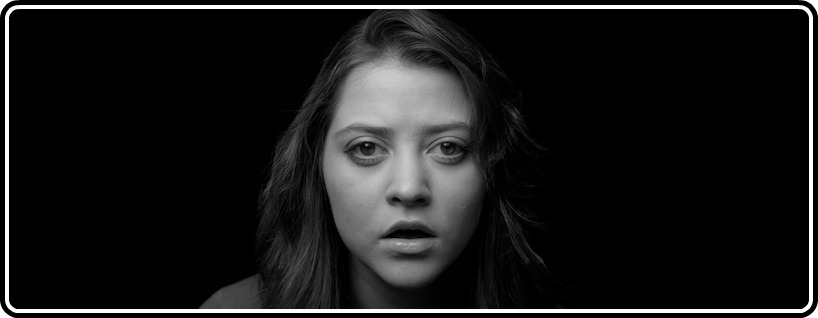
Writing a review about Godfrey Reggio’s Visitors, his first film in over ten years, is a bit of a fool’s errand, and yet here we are. Most of his other films, including those that make up his famous Qatsi Trilogy—starting with 1983’s Koyaanisqatsi, through to 1988’s Powaqqatsi, and concluding with 2002’s Naqoyqatsi—bring with them a general—if not tenous—series of thesis statements regarding how technology and humankind exist for better or worse, but Visitors separates itself because of its intense reliance on near-complete subjectivity.
Consequently, Reggio’s stylish dependence on mostly associative images and non-narrative, dialogue-free storytelling have labeled him one of the most unorthodox auteurs of the last thirty years, but what happens when you remove those easily digestible ideas behind that unconventional filmmaking and simply let those lofty associations run wild? The result in Visitors lies somewhere between a wholly transcendent cinematic experience and embarrassingly facile, pseudo-philosophical gobbledygook. Because for as much as Reggio can mesmerize you with all-or-nothing mystical intentions, the final product is rendered meaningless if it takes this much to get nearly zero out of it.
Explaining the movie itself is simple, perhaps on purpose. Over 87 minutes and in only 74 shots, Reggio mixes absolutely gorgeous static, black and white Warhol-esque portraits of various faces with steadily moving—sometimes time lapse—landscapes of austere modernist facades or crumbling buildings. It is a strange and patient mix of imagery that most obviously lacks any intrinsic meaning.
Reggio has gone at length to criticize people who call Visitors an “experimental” film, instead explaining that his poetic vision is most importantly “experiential.” It’s a surprisingly make-or-break assertion for a film, especially one as challenging as this one, since it makes an immediate plea for its audience to engage with it as much as it engages with them, while hinging that experience on whether or not that engagement actually sticks. Visitors’ paradoxical nature then, in that it can be conversely rife with metaphysical truths and still feel somehow insubstantial, is to the film’s ultimate detriment. Despite engaging with it, and allowing it to substitute narrative logic for an associative poetic tempo, I found that the truth in the film itself vanishes into the ether, just like many of the film’s aesthetically striking portraits that fade into the black void onscreen.
Perhaps the worst thing about the film’s series of pictures figuratively speaking to each other is just how predictable they get once you’re onto each subsequent sequence. It’s much less hypnotic and much more rinse-and-repeat even when you begin to connect with the pictorial succession. I suppose the importance lies in discovering and anticipating those images, but at some point any viewer with a brain becomes smarter and more intuitive than the editing here.
Reggio’s films are inexorably linked to the spellbinding scores by Philip Glass, and Visitors gives us what it probably their best collaboration. Glass’ music is so inherent in Reggio’s imagery that Glass usually accompanies the director and his crew during filming, most likely providing a better opportunity to give the film the perfect musical reflection to those images. It’s a concept that has fascinated me throughout their careers, mostly because it is among the only cinematic pairings where the music is usually stronger than what I’m seeing onscreen. It’s made me question—many a time—at what point do the films themselves cease to be mere music videos for Glass’ music, mainly because the music itself is more important and the images cease to be effective without it. It sounds like a dumb thing to say until you realize the basic notion that with cinema it should be the other way around.
Visitors is almost not worth reviewing simply because it is a film that will mean totally different things to everyone who watches it. With a little bit of insight I hope I can be on the same wavelength as a few people and say that what it has in grand, philosophical ambition and conceptual scope it lacks in functionally substantial approaches to those ideas. Reggio’s brand of cinema is not for everybody, and yet I admire his techniques and the way he can instantly render the natural world in abstract terms. But there is a big difference between abstract and insignificant, and Visitors, for better or worse, is a bit of both.


